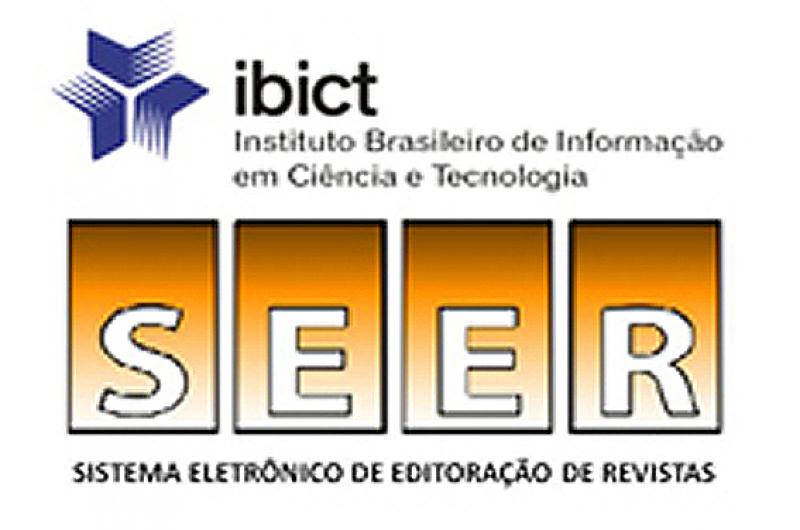Anarchist Education: A proposal
DOI:
https://doi.org/10.31416/rsdv.v8i2.53Keywords:
Philosophy, Education, DeleuzeAbstract
This article addresses part of a research carried out by the Professional Master of Philosophy at the
Federal University of Pernambuco - UFPE. The intervention was practiced in a classroom of the first
year of High School during the discipline of philosophy, seeking to favor the learning of philosophical
themes by the student through a teaching considered anarchist, which aims to favor the autonomy
and responsibility of the student in building your own learning in connection with your reality.
Conceived as a possibility to avoid a homogeneous and authoritarian education, this experience was
based on the conceptual horizon of the French thinker Gilles Deleuze, within his perspective
pointed out with anti-hierarchical, which he called rhizomatic as opposed to the arborecent model;
along with this we will see some criticisms from anarchist thinkers in relation to capitalist education
and its reproduction of exploration. We use commentators like Silvio Gallo, as they help us to make
a conceptual shift of Deleuzian works in an adaptation to the Brazilian reality. We will thus work
with deterritorializations, reterritorializations and updates as continuous processes of thought,
which result in the learning itself with its criticism and conceptual creation. The classroom is
observed from an understanding of minor education, distant from instances of higher education such
as coordination, secretariats and ministry, its function is to prevent the reproduction of
homogeneity and heteronomy of what should and when to learn found in traditional education.
References
BAKUNIN, M. Socialismo libertário. Tradutor: Olinto Beckerman. São Paulo: Global Editora e Distribuidora, 1979.
______. O conceito de liberdade. Tradutor: Jorge Dessa. Porto: Edições Res Limitada, 1975.
DELEUZE, G. Diferença e repetição. Tradutor: Luiz Orlandi, Roberto Machado. Rio de Janeiro: Graal, 1988.
______, G. A dobra: Leibniz e o barroco. Trad. Luiz B. L. Orlandi. Campinas, São Paulo: Papirus, 1991.
______, G.; GUATTARI, F. Mil platôs: capitalismo e esquizofrenia. 2a ed. São Paulo: Editora 34, 2000.
FOUAULT, Michel. Microfísica do poder. Org. Tradução: Roberto Machado. 4ª ed. Rio de Janeiro: Graal, 1984.
______, Michel. Vigiar e punir: nascimento da prisão. Tradução Raquel Ramalhete. Petrópolis: Vozes, 1987.
GALLO, Silvio. Educação anarquista: um paradigma para hoje. Piracicaba: Ed. Unimep, 1995.
______, Silvio. A escola pública numa perspectiva anarquista. VERVE. Nº 01/2002a. ISSN: 1676-9090
______, Silvio. Em torno de uma educação menor. n. 27(2), p. 169-178, jul./dez. 2002b.
MALATESTA, Errico. Anarquismo e anarquia. Tradução: Felipe Corrêa. Faísca: 2009.
PROUDOHN, J. O que é a propriedade?.2a ed. Lisboa: Editorial Estampa, 1975.
SILVA, Tomaz Tadeu da. Documento de identidade: uma introdução às teorias do currículo. 2a ed. Belo Horizonte: Autêntica, 2005.
WOODCOCK, George. História das ideias e movimentos anarquistas –v. 1: a ideia. Tradutor: Júlia Tettamanzy. Porto Alegre: L&PM Editores, 2002.















